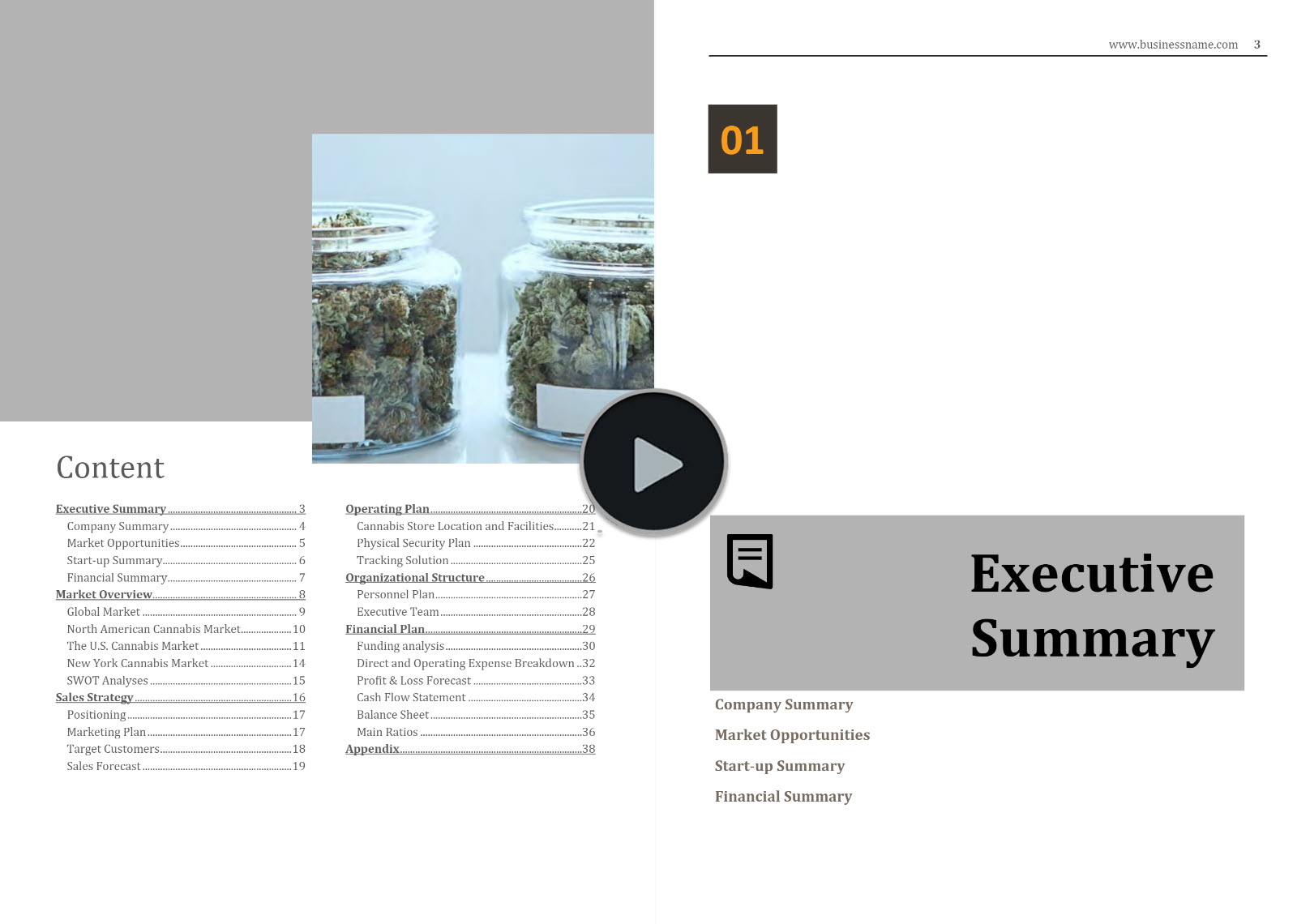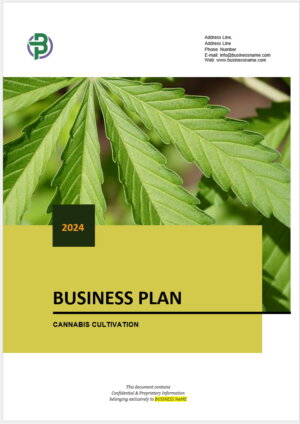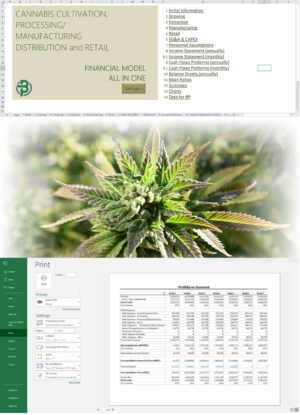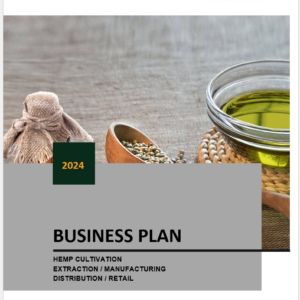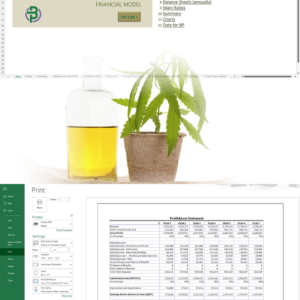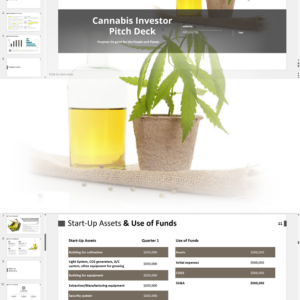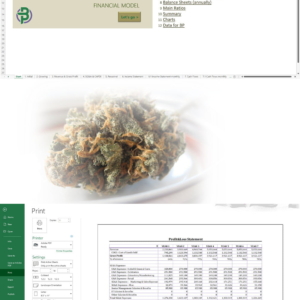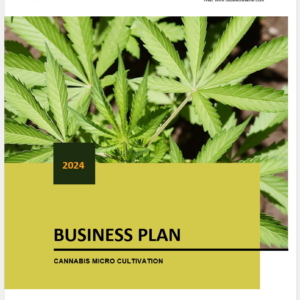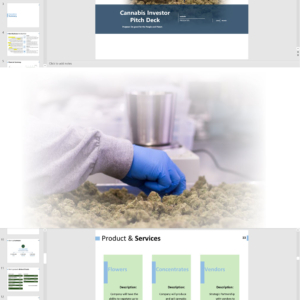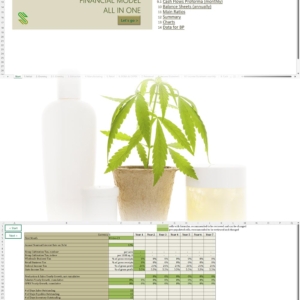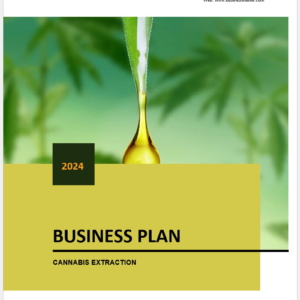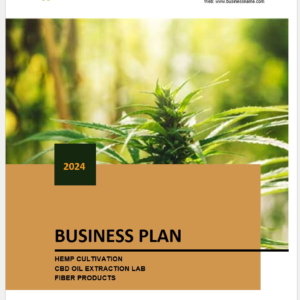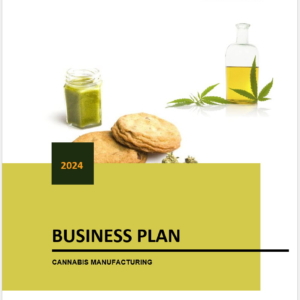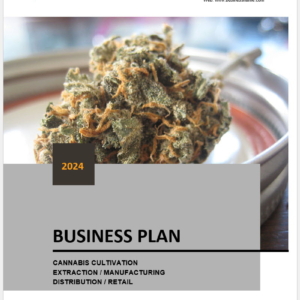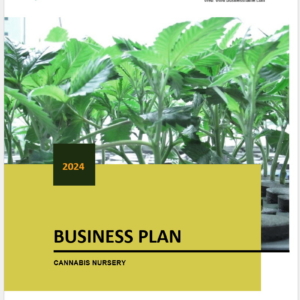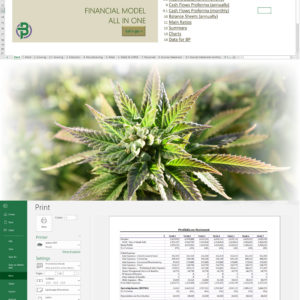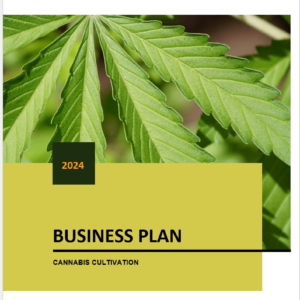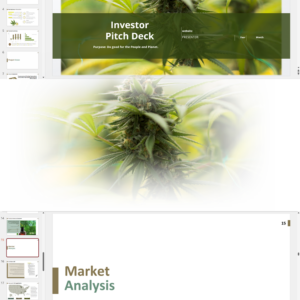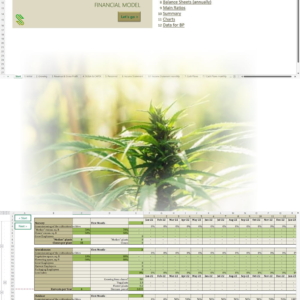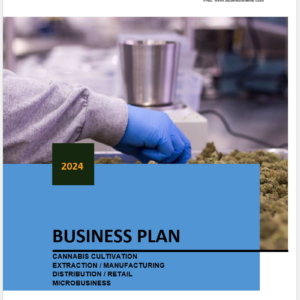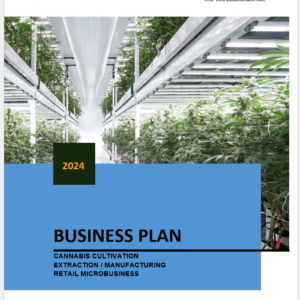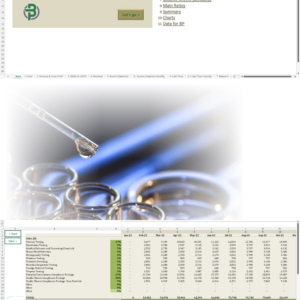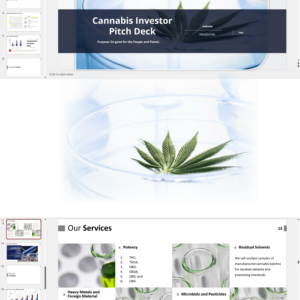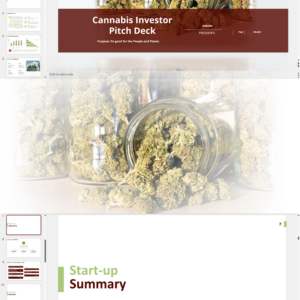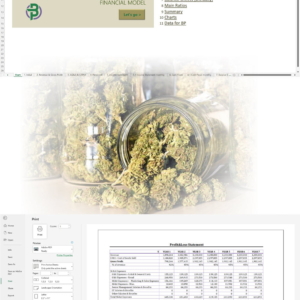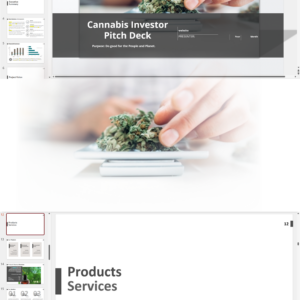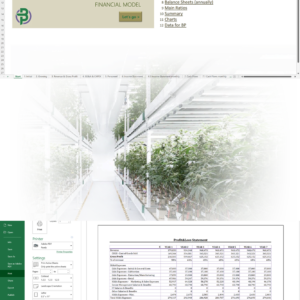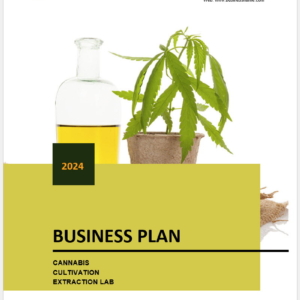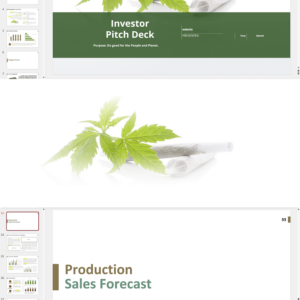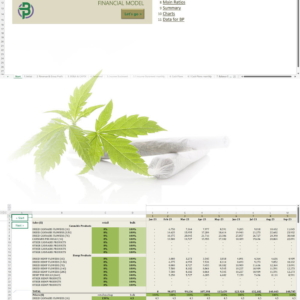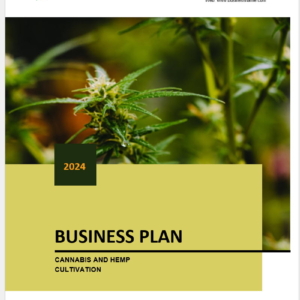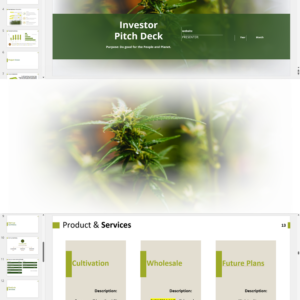- Understand regulatory and legal requirements. Do market research.
Research the laws and regulations governing adult-use or medical-use cannabis for more information about the regulatory requirements for licensure in the city or town you wish to operate.
New York Cannabis Legalization
Cannabis in New York has been legal for medical purposes under New York law since 2016. On March 31, 2021, New York State enacted the Marihuana Regulation and Taxation Act (MRTA), which, among other things, legalized recreational adult-use of cannabis in New York. The legislation creates a new Office of Cannabis Management (OCM) governed by a Cannabis Control Board to oversee and implement the law (collectively referred to as the “OCM”). The OCM is responsible for issuing licenses and developing regulations outlining how and when businesses can participate in the new industry. The OCM also oversees the State’s existing Medical Marijuana Program, formerly regulated by the Department of Health (DOH).
- Decide the type of cannabis business. Choose a location. Check local zoning regulations.
Cannabis Licenses Types available in New York
“Businesses that have a cultivation license are authorized to grow, clone, harvest, dry, cure, grade, trim cannabis plants, and sell such cannabis to a processor, microbusiness authorized to process cannabis, cooperative or collective, registered organization with dispensing (ROD), registered organization non-dispensing (ROND), cannabis research licensee, or process cannabis products under their own processor license.”
There are four cultivation types: indoor, outdoor, mixed light, and combination. For each type, there are five cultivation canopy tiers, ranging from Tier 1 (the smallest) to Tier 5 (the largest):
- Tier 1: up to 5.000 sq. ft
- Tier 2: 5,000 sq. ft to 12,500 sq. ft
- Tier 3: 12,500 sq. ft to 25,000 sq. ft
- Tier 4: 25,000 sq. ft to 50,000 sq. ft
- Tier 5: over 50,000 sq. ft
Nursery license fees: from $750 (Outdoor) to $2,100 (Indoor)
Cultivator license fees: from $1,000+$150 per 500 sq. ft. of cultivation canopy (Outdoor Tier 1) to $100,000+$2,000 per 500 sq. ft. of cultivation canopy over 50,000 sq. ft (Indoor Tier 5).
“Businesses that have a processor license are authorized to: extract, blend, infuse, package, label, brand or otherwise manufacture concentrated cannabis or cannabis products, based on their licensing authorizations; obtain cannabis from licensed cultivators, microbusinesses, ROD, ROND, or other licensed processors; sell cannabis products to adult-use distributors.”
There are three processing types: Type 1: Extracting, plus activities under Type 2 and 3; Type 2: Infusing and blending, plus activities under Type 3; and Type 3: Packaging, labeling, and branding, including entering into white labeling agreements only.
Processor license fees: from $2,000 (Type 2 and 3) to $7,000 (Type 1).
“Businesses that have a retail license are authorized to: acquire, possess, and sell cannabis products at a brick-and-mortar retail dispensary storefront to customers over 21 years old; deliver cannabis products to customers over twenty-one (21) years old; be a Cannabis Events Organizer.”
Retail Dispensary license fees: $7,000 per operating premises.
Limited Retail Consumption Facility fee: $3,000.
“Businesses that have a distributor license are authorized to: obtain cannabis products from duly licensed cultivators, processors, microbusinesses, cooperatives, ROD, or ROND; and sell cannabis products or transport cannabis to licensed adult-use retail locations.”
Distributor license fees: $7,000 per operating premises.
“An adult-use microbusiness must engage in cannabis cultivation and at least one additional licensed activity including processing, distribution, or retail sale.”
- Cultivate cannabis in a canopy that is either: indoors (up to 3,500 ft2), in mixed light (up to 5,000 ft2), outdoors (up to 10,000 ft2), or in a combination of outdoors and mixed light (up to 5,000 ft2 outdoors and up to 2,500 ft2 mixed light);
- Purchase up to 500lbs of cannabis biomass (or the extract equivalent) per calendar year from a licensed cultivator, microbusiness, cooperative or collective, ROD and ROND;
- Process up to 1,700 pounds of cannabis biomass per year into cannabis products (unless all the biomass is cultivated solely by the microbusiness exclusively at its licensed premises, then there is no processing limit);
- Operate a processing facility to manufacture cannabis products;
- Sell cannabis to a duly licensed processor;
- Sell cannabis products it has produced to a duly licensed distributor;
- Distribute self-produced cannabis products to retail dispensaries and on-site consumption premises;
- Deliver a microbusinesses cannabis products to cannabis consumers;
- Be a Cannabis Event Organizer; and
- Sell cannabis products directly to consumers from the microbusinesses retail premises.
Microbusiness license fees: $4,500.
Application Fees. An application for a license (except a ROD or ROND license) must be accompanied by a nonrefundable application fee of $1,000. Applications for an ROD and ROND license must be accompanied by a nonrefundable application fee of $10,000. A qualified social and economic equity (SEE) applicant shall receive a 50% reduction in all application fees and license fees.
Additional information related to the on-site consumption license will be made available at a later date.
Cannabis Delivery in New York
New York allows medical cannabis delivery to patients and caregivers. A New York cannabis delivery license allows for the delivery of recreational cannabis and cannabis products by licensees independent of another adult-use cannabis license.
“Delivery-Only Location” means an Office-approved location, obtained by a CAURD licensee, from which the licensee fulfills delivery orders made by consumers. For the purposes of delivery transactions, licensees may only receive cannabis products from a duly licensed distributor, accept delivery orders online from customers who are twenty-one years of age and older, and deliver products to those customers from their approved location to the residential address location provided by the customer. In-person customer sales from the delivery-only location are not permitted.
- Develop a solid cannabis business plan. Secure financing.
Application requirements include a business plan demonstrating a likelihood of success and sufficient business ability and experience on the part of the applicant. A typical cannabis business plan outline includes sections such as Executive Summary, Market Overview, Sales Strategy, Operating Plan, Organizational Structure (+ Diversity Plan) and Financial Plan.
'70% ready to go' business plan templates
We offer a wide range of '70% ready-to-go' cannabis business plan templates that will help you prepare a professional cannabis business plan document supported with expert financials and an investor pitch deck. All our templates are completely open and editable and you can use Word, Excel and PowerPoint to work with them.
- Prepare the required documents. Submit applications. Pay fees.
The first step before applying for a cannabis license is to form the business that you intend to use for the licensed activity. This requires registering with New York State as a New York or non-New York company and the IRS to obtain your formation documents and Federal Employer Identification Number (FEIN aka EIN).
An applicant and each true party of interest in an applicant shall provide information in a form and manner as prescribed by the Board, which may include, but is not limited to the following:
- Identity of the applicant or true party of interest.
- Applicant ownership and financial disclosures.
- Criminal history and legal proceedings.
- Premises. Applicants shall be required to provide additional information regarding its premises where licensed activities will occur. If more time is needed to secure a premises, an applicant for a retail dispensary or microbusiness license can apply without premises details. If deemed eligible and selected for a license, they will become provisionally approved and have twelve (12) months to secure a premises and submit documentation before being licensed on a final basis and operational. All applicants, except those seeking retail dispensary and microbusiness licenses, must submit proof of control of their proposed premises to complete an application.
- Social and Economic Equity. An applicant seeking to qualify as a social and economic equity applicant shall provide information proving their qualification.
- Final approval. Final fees. Obtain the required licenses.
Applicants seeking an adult-use retail dispensary, ROD, microbusiness with retail dispensary, or on-site consumption license, are required to notify the municipality, or in New York City, the appropriate community board in which the retail premises is located.
All licensees must enter into a Labor Peace Agreement (LPA) with a bona fide labor organization prior to final license issuance.
- Register your business as an employer and a tax payer.
- Keep track of your ongoing compliance requirements.
Physical security measures, good production practices, packaging, labelling, transport and reporting requirements, taxes and more.
New York Cannabis Taxes
The MRTA establishes three taxes on adult-use cannabis. First, there is a tax imposed on the distributor based on the milligrams (mg) of total THC in the product. There are different rates of tax depending on the cannabis product form:
- edibles (e.g. food and beverages) are taxed at $0.03 per mg of total THC;
- concentrates (e.g. vaporization oil, wax, shatter, and resin) are taxed at $0.008 per mg of total THC;
- cannabis flower (e.g. loose flower, pre-rolls, or shake) are taxed at $.0005 per mg of total THC.
Second, there is a state excise tax imposed on the sale of cannabis products by a retail dispensary to a cannabis consumer at 9 percent of the products’ price.
Third, there is a local excise tax imposed on the sale of cannabis products by a retail dispensary to a cannabis consumer at four (4) percent of the products’ price.
Main steps in short
- Understand regulatory and legal requirements. Do market research.
- Decide the type of cannabis business. Choose a location. Check local zoning regulations.
- Develop a solid business plan. Secure financing.
- Prepare the required documents. Submit applications. Pay fees.
- Final approval. Final fees. Obtain the required licenses.
- Register your business as an employer and a tax payer.
- Keep track of your ongoing compliance requirements.
Cannabis Retail Business Plan Sample, New York
Hemp CBD business plan templates are available at hempcbdbusinessplans.com.

